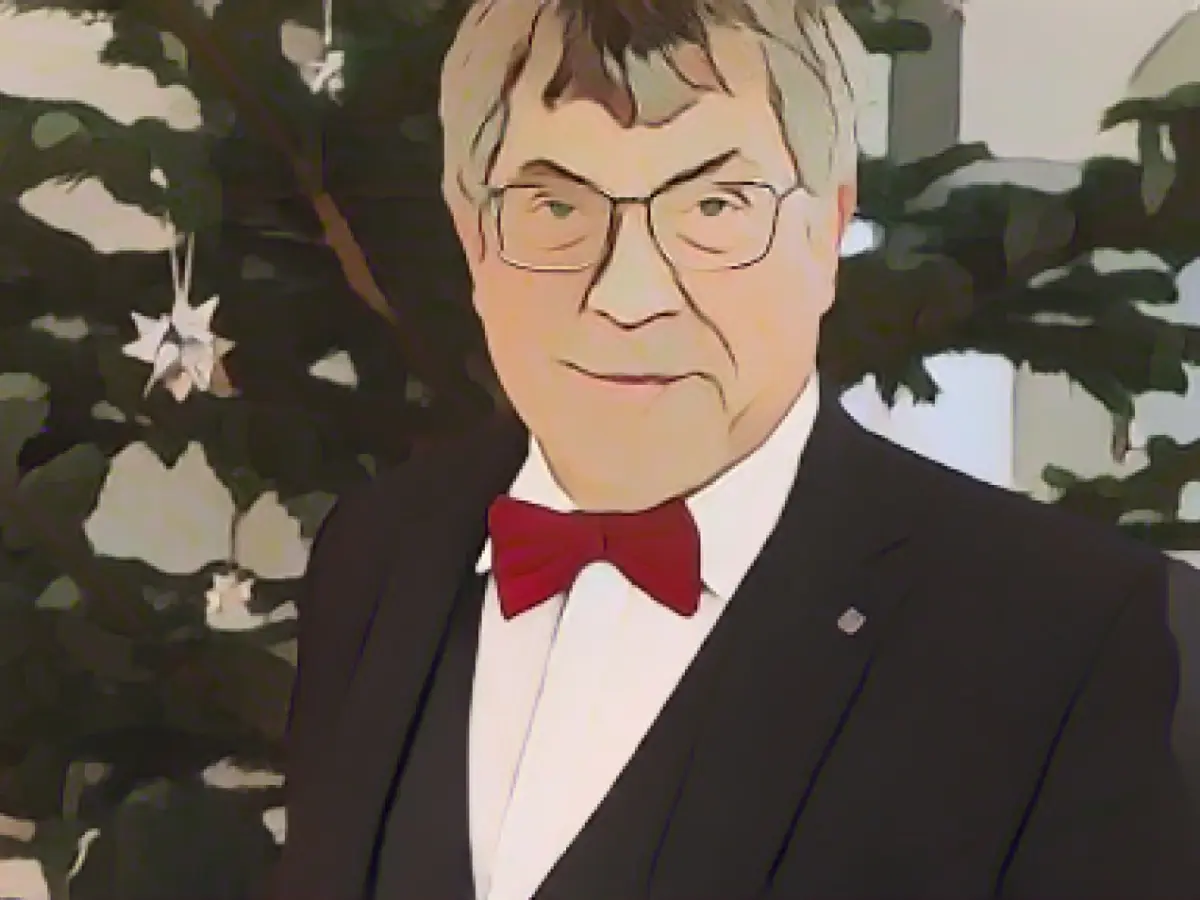Faith - Tackling the preservation of churches as an open social task
In the view of the Protestant regional bishop Friedrich Kramer, openness for use and social commitment are necessary for the preservation of church buildings. "Of course the churches belong to us, but they are not our churches, they are ultimately the soul of places, they are a cultural asset for society as a whole," said the head of the Evangelical Church in Central Germany (EKM) in an interview with dpa. The EKM is one of the organizations with the greatest presence in the area simply because of its buildings. "There is a sports field and a church in every village."
The crucial question is how to deal with the buildings in view of declining numbers of church members. Kramer sees the buildings, many of which are listed, as public cultural heritage. Nevertheless, he wants to avoid handing them over to the public sector. "It's best if there are people on site who are committed to the church." These don't necessarily have to be church members. "There are many people who don't even belong to the church, but who say: the church should stay in the village." Kramer referred to church building associations, for example.
There is a lot going on in the churches, especially at Christmas. However, it is also crucial how the places of worship are used and enlivened outside of church services. "We are becoming more and more flexible in this respect," said Kramer. He mentioned projects such as the hostel churches, where hikers can stay overnight. He had also followed the discussion about a techno rave in Erfurt's Predigerkirche with excitement. He had observed a great deal of gratitude among young people to be able to dance and enjoy the music in a special space. "And at the same time, there was also something very mindful about it," he was told.
Nevertheless, there are always discussions about what is and isn't allowed in the church building. "But as Protestants, we are relatively relaxed about that because we say: they are buildings first." Of course, the parish council would have to be involved and care would have to be taken to ensure that things happen that suit the space. "But you have to be open and friendly and willing to experiment."
The ratio of the number of churches to the members of the EKM is special: with around 130 cemetery chapels and around 3,900 places of worship, around 20 percent of all churches in the Evangelical Church in Germany (EKD) are located in EKM territory, which is mainly in Saxony-Anhalt and Thuringia. However, only 3.2 percent of Protestant church members belong to the EKM. The number of members is also falling rapidly: 615,855 people still belonged to the EKM in 2022, 21,794 fewer than a year earlier.
Read also:
- A clan member is punished here
- Traffic lawyer warns: Don't talk to the police!
- Will he be convicted as Jutta's murderer after 37 years?
- He also wanted to kill his cousin
- The Evangelical Church in Central Germany (EKM), with significant presence in regions such as Saxony-Anhalt and Thuringia, manages numerous church buildings, often acting as the only institution providing both a sports field and a church in small villages.
- Bishop Friedrich Kramer of Saxony-Anhalt emphasized the importance of public access and engagement for preserving these historic church buildings, stating, "They are a cultural asset for society as a whole."
- Magdeburg, a city in Saxony-Anhalt, is home to several of these listed church buildings, some of which are managed by church building associations, promoting openness and flexibility in their use.
- Kramer highlighted initiatives in Central Germany, like hostel churches and events such as the techno rave in Erfurt's Predigerkirche, where church buildings are opened up to the community, ensuring their viability and significance in broader cultural contexts.
Source: www.stern.de








